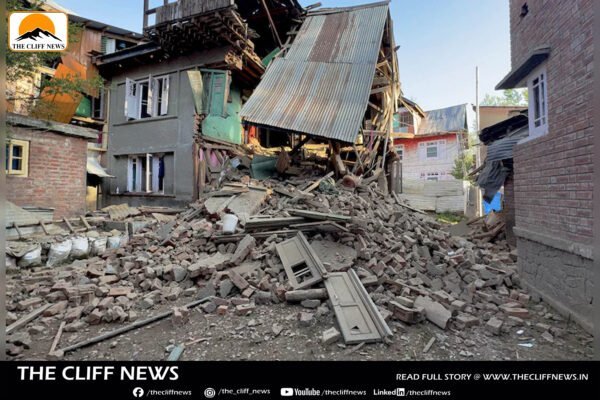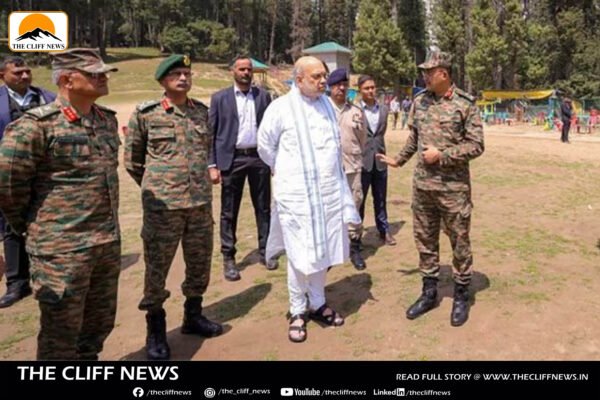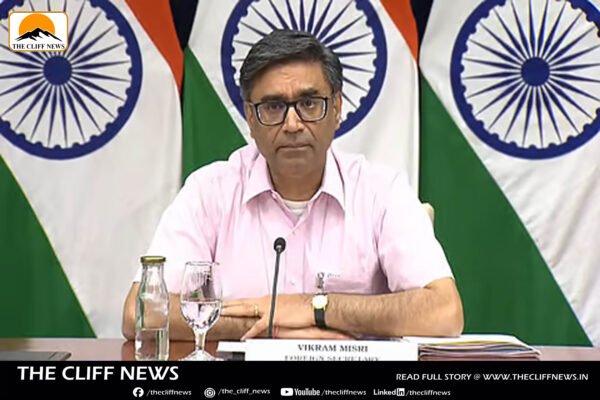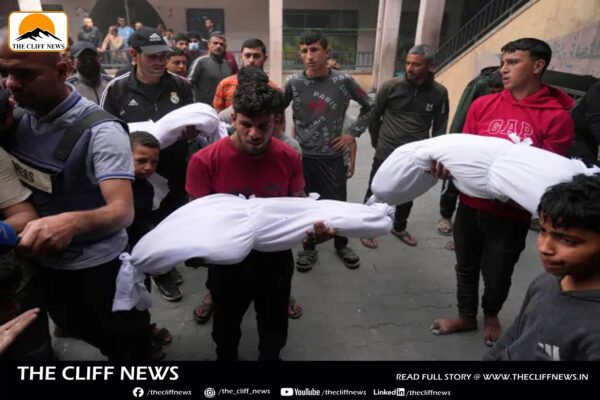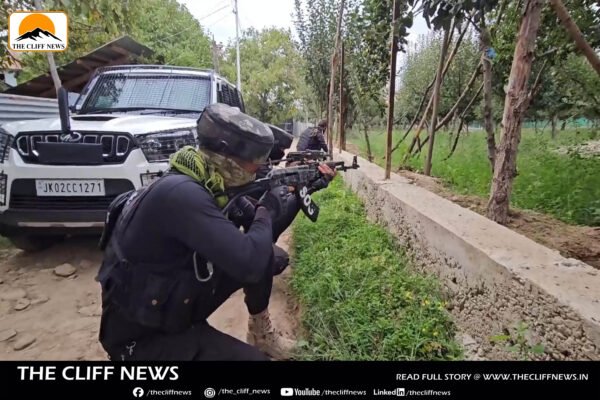Baisaran Valley Terror Attack Exposes Long-Active Lashkar Module in Kashmir
The brutal terrorist attack in Baisaran Valley near Pahalgam, which left 26 people dead, has brought to light a long-active terror module operating in Jammu and Kashmir. Considered one of the deadliest attacks since the abrogation of Article 370 in 2019, the incident has triggered strong diplomatic and security measures from India against Pakistan, which has been accused of sheltering the handlers of the group responsible. The attack was carried out by a group affiliated with the proscribed Lashkar-e-Taiba (LeT) organisation. The team comprised mostly foreign terrorists, aided by local militants and overground workers from the Valley, and operated under the control of 26/11 mastermind and Lashkar chief Hafiz Saeed. Module’s Past Operations Sources indicate that this particular Lashkar module has been active in Kashmir for an extended period. Security agencies link the group to several major terror strikes, including attacks in Sonamarg, Boota Pathri, and Ganderbal. In October 2024, the module was involved in an attack at Boota Pathri, where two Army personnel and two civilians lost their lives. That same month, six labourers and a doctor were gunned down during an assault on tunnel construction workers in Sonamarg. Hashim Musa, one of the prime suspects in the recent Pahalgam massacre, is believed to have been involved in these earlier attacks as well. Following the Sonamarg attack, a major breakthrough occurred in December 2024 when Junaid Ahmed Bhatt, an A+ category Lashkar terrorist from Kulgam and a key figure in the module, was neutralized during an encounter in Dachigam. However, other members of the module managed to escape and went underground, hiding in dense forested regions until they received fresh orders from their Pakistani handlers. Direct Links to Lashkar Leadership The module is reportedly overseen directly by Lashkar chief Hafiz Saeed and his deputy Saifullah, both operating from Pakistan. According to Indian intelligence agencies, the module receives not just ideological support, but also logistical and tactical guidance from Pakistan’s military establishment and its intelligence wing, the ISI. Although dominated by foreign fighters, the module also includes a network of local militants and overground workers embedded within the region, who provide logistical support, safe houses, and intelligence crucial for executing major attacks.


